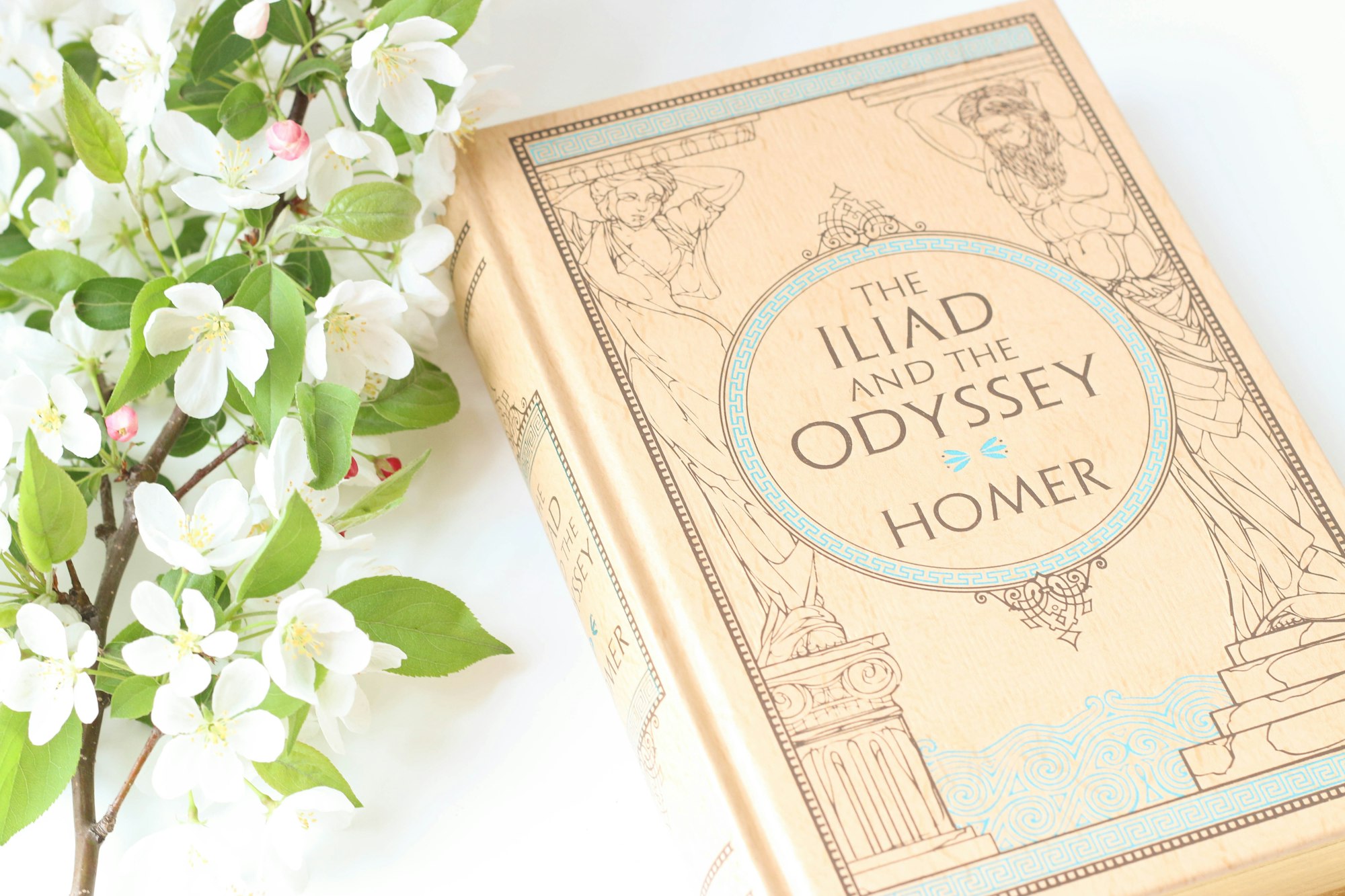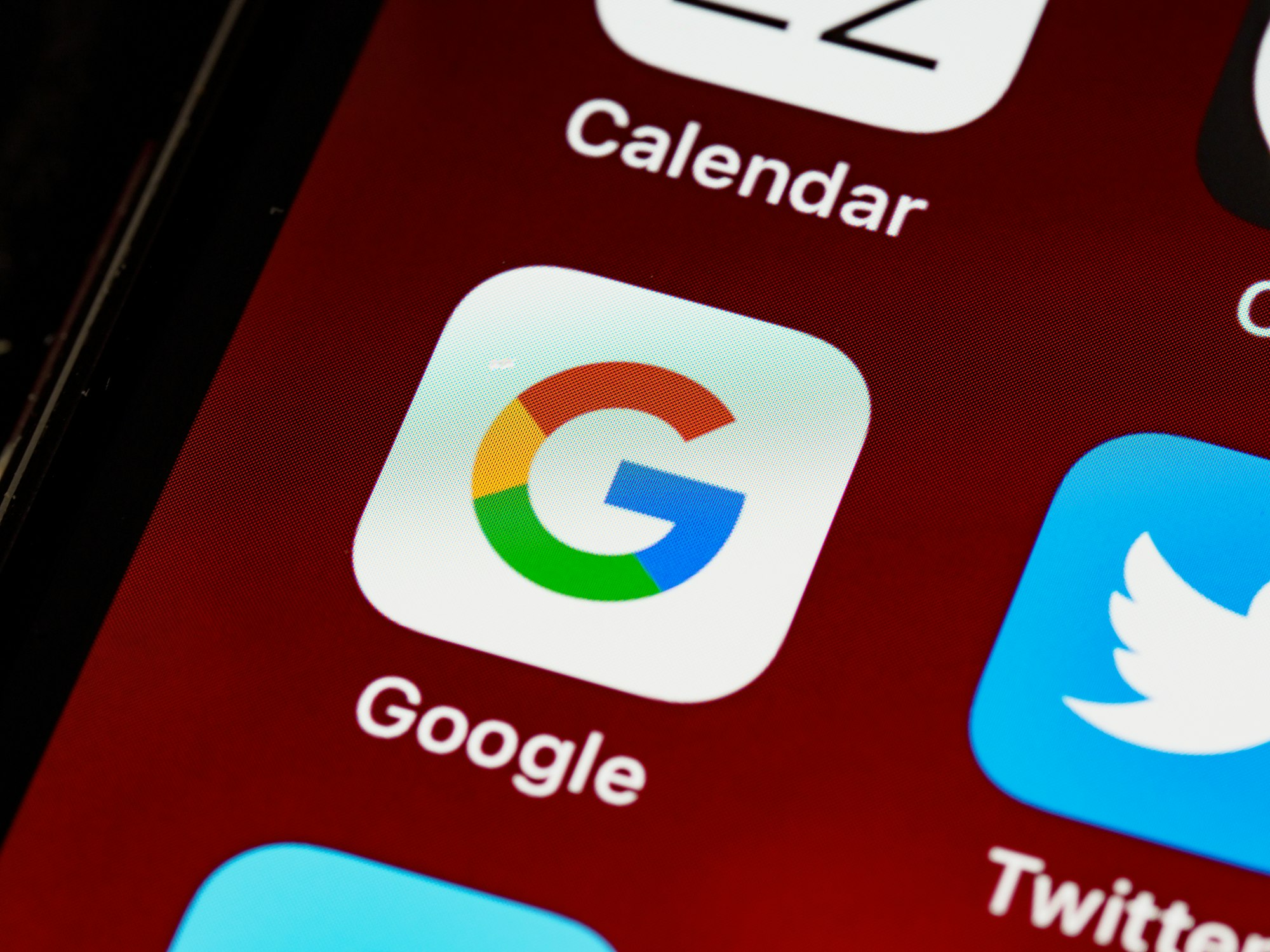I belong to those who actually grew up without mobile phones and ubiquitous internet connection. I didn't spend hours with my nose pressed against a screen. On the other hand, I was going out a lot and reading voraciously. Comics, magazines, books, everything I could put my hands on. I didn't need anybody else to have fun because I was pretty content sitting alone with one book until I finished it.
While in elementary school, I already obtained a card from a local library, and I was borrowing something all the time. It wasn't as fancy as buying a new, nicely smelling book, but it was a way to read a lot for free. This habit stayed with me until today. Although I am not visiting the library and don't have so much time anymore, I am still buying new books regularly and chewing on a few pages every day. And you can do that too.
Why is reading in danger
We access new ideas, opinions, and knowledge mostly through physical experience. The other significant source to gain information is, you probably guessed it, reading.
Despite this, studies from past years inform that occasions where people sit down with a good book actually decline. As a result, there's a dropping number of new readers, and current book lovers read fewer books per year than ever.
Future generations are at risk of unfamiliarity with important literature, limited vocabulary, even the ability to conclude original opinions from text and dialogues. These abilities (or their lack of) then carry over to how effectively we communicate with each other. Reading makes us better people overall, so why don't we cherish this habit a little more?

We must look at time, accessibility and curiosity. These things determine what we usually gravitate to.
With time everything is about priorities because we simply can't buy more of it. Many people can't catch up with their favourite hobbies, let alone spend precious time reading seemingly unimportant stories. It's hard to imagine finding the patience to stay with a book until it ends. The habit of getting things easily and quickly shrunk our tolerance to wait to a minimum. Today reading just looks like an archaic activity preferred when people went to bed with the chickens.
But somehow, we always find a way to scroll through Twitter or Facebook for minutes until it turns to hours when we check time spent on screen. Shorter articles and social posts are easier to consume and quicker to get you that happy feeling of satisfaction. That's why it's so easy to lose track of time. And even though it's a form of reading, it's rather skimming, which does not have the same benefits as a good old paper book.
Speed and accessibility are what we're attracted to. It's an addiction of whole society, although we rarely admit that. Most of the information and services are one touch on a screen away. You need to search for something, and a second later, you're feeding the mighty Google with your question. The answer usually lies within the first few links, but it wasn't the case before the internet. You would have asked your family and friends or done a search in the books. And if you'd make an effort to read the whole piece, you would probably learn more than you originally wanted.

The last thing that matters with reading is human curiosity. If you belong among curious people, you're very likely to read books because you want to know more about the world, just like we do in our childhood when we absorb new information like a sponge. We listen to stories breathlessly until one day, this passion ends at the back of our heads. Somebody might say it's just a normal consequence of ageing and hectic life. And in part, it's true, but the main reason is rather general laziness and ignorance. Lately, more people act like know-it-alls who understand everything. They don't feel the need to expand their horizons or form new opinions. The reading ends for them with the school's literature classes.
I'm afraid that a similar attitude is now widely spread among teenagers. However, it's not their fault. They're used to accessing information and entertainment almost exclusively through digital screens from a very young age. That's why it's not a surprise that the number of Gen Z's exited for books is plummeting, and it'll hardly change without external intervention.
Since children learn from copying their parents, books will hardly speak to them when parents aren't interested in literature. That's why they say you should act as a role model for your children. To confirm that, I must say that I definitely got the passion for reading from my mother. She has used to read a lot, comfortably a few books per week. While this isn't a pace you should necessarily strive for, it's a great inspiration.
The many virtues of reading books
We look at the ability to read as something completely automatic. But here comes the surprise - reading isn't at all a task we were born to do.
Neuroplasticity allows certain brain parts to take on alternative functions to produce speech from written symbols. These parts translate sound to language, language to reading and comprehension. From times when you were a cheeky toddler, you absorb every dialogue from adults around you, which gives you the basics for understanding language - the necessary precursor for reading. The sooner and more often a child reads, the better he is at it.
1. Improved communication and relationships
Whatever type of books you fancy, all words and information go unconsciously right to your memory, letting you learn new meanings without much hustle. So it's very likely your communication skills will become sharper. You won't look for so long how to say something and part every sentence with lengthy Ummm like is often in the habit of many people. The business emails will just fly off your fingers.
This all translates to the quality of your relationships - rarer conflicts and misunderstandings. In the end, fewer fights with your significant other is something that makes a little time with a book really worth it.
2. Making time only for yourself
Pleasure reading is also a perfect form of self-care. It effectively lowers stress similarly to listening to favourite music or meditation because it forces us to focus on a present moment and nothing else. The stories in books allow us to reconnect with ourselves and our emotions. Many readers immerse themselves in an enthralling book to recharge after a busy day or week. With a cup of hot coffee and maybe something for a sweet tooth, it sounds like the perfect way to spend your afternoon.
3. Brain training for disease prevention
Even though we enjoy the power of modern medicine, there are still diseases we cannot fully heal, including dementia and its most prevalent form - Alzheimer's disease. However, evidence suggests that regular reading habits can prevent symptoms like memory decline or difficulty concentrating.
Furthermore, people who stay loyal to books until old age show 30% lower memory loss than it is with other activities recommended for brain health.
4. Learning new ideas, theories and skills
This is not just about communication but extending your horizons as well. There is no reason why you should stop gaining new knowledge. Rather it's essential to never stop because you never know where those new discoveries can take you. In that way, you can find a new hobby, an interesting opinion that you sympathize with or a completely new path to navigate your life or career. Moreover, with reading, you also put your imagination to work, making you a better problem solver and more empathetic towards other people.
Want to be more successful? Pick up a book.
So many famous and successful people belong among passionate readers. They find the time even though their schedule is probably hectic. Elon Musk, Bill Gates and Oprah Winfrey often admit that their fondness for books definitely contributed to their success. Gates himself is able to read roughly up to 50 books a year, and among other things, he reviews the most interesting ones on his personal blog.
Is this really a key to the success of these business moguls, or is this just some kind of cool habit they learn from each other? One thing is certain: their unceasing mutual curiosity and sense for new discoveries. A passion for self-improvement. Books let us dream and go deep into our imagination. So, they support thinking of a visionary by which Musk and Gates undoubtedly are.
Jim Rohn, one of the most influential business speakers of his time, said, "Reading is essential for those who seek to rise above the ordinary." and that's because books contain deep, essential knowledge you can't find anywhere else. Of course, nobody guarantees you instantly become billionaires and philanthropists by devouring books, but you're very likely going to do better than most people.
How to read more
Now let's assume you've decided to read more. But where would you possibly fit it in, you think? Not only is it important how to find time but also how to even remember your new commitment. As with everything you regularly do, you have to build a habit first. A perfect and simple guide provides a master of this subject James Clear, an author of the book Atomic Habits.
Ideally, you want to reserve 20 minutes in the morning or before sleep since you don't want to be interrupted. In the evening, you've got most of your daily stresses behind and nothing much left to disrupt you. I'm not really an early bird, so I mostly read before sleep until my eyes shut down. It's my evening ritual, as well as a cup of chamomile tea. Those who are fresh in the morning and maybe enthusiastically take ice-cold showers Wim Hof style probably won't have a problem reading a few pages at the crack of dawn.
Moreover, it's nice to start a day by enriching yourself even before you rush to work. Instead of scrolling through tabloids, you can start the day with some refreshing inspiration. You read a page here and there, and suddenly after two weeks, you're done with your first book. And that's not bad at all.
Obviously, it's not so much about quantity but quality. It doesn't matter which genre you're going to pick if you want to educate or entertain yourself. Just choose a book that grips you, so you won't put it down. Because in the end, reading still stays against all new media the best way to live the most fascinating stories and learn new information.



